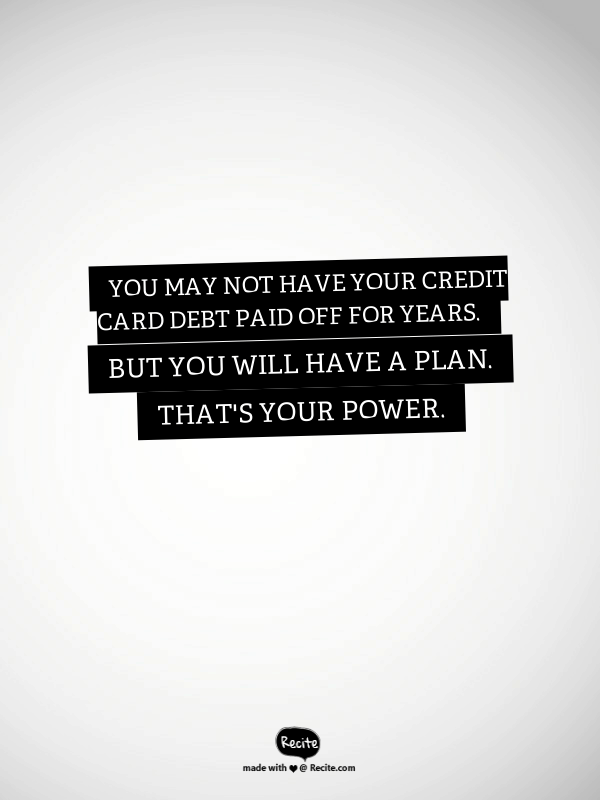
None of us like to lose money in a stock market dip. But you can use market downturns to deal with–or avoid–debt.
In fact, the degree of panic you feel when you see that your retirement account balance has decreased is one of the most honest gut checks there is about the state of your financial life.
When a major event we can’t control happens—whether it’s stock market volatility, a divorce, a medical scare, or job loss– we feel vulnerable. Then we realize that maybe we could have protected ourselves a little more—by paying off debt, by preparing for the unknown, or spending a little less.
Consider these questions to get a gut check of current financial state. If it turns out you could benefit from getting out of debt, or managing spending a little better to avoid it, wouldn’t you rather know now?
1. Would your bank account last six months without income?
More than half of us have nothing saved to carry us through an emergency, according to data reported by MarketWatch.
There’s no question saving is hard when you’re living paycheck to paycheck, or drowning in a heap of debt. But it becomes impossible if you delay putting money aside until a financial emergency strikes.
You will have to turn to credit cards. Or you will withdraw cash early from a retirement account. Or you’ll take out a personal loan with a crazy high interest rate. None of those are good scenarios. In fact, they all cost you so much in the long run that you may never find your financial footing again.
Take an honest look at your savings account balance. If it wouldn’t carry you through six months without a paycheck, you need to find a way to start saving.
Consider the idea this millionaire posed to Inc:
Pay yourself first. Then find a way to pay your bills.
That doesn’t mean you skip on your bills.It forces you to eliminate and minimize the expenses that you can, so you don’t keep giving yourself the short end of the stick. It puts you in control.
2. Do you vacation now, pay later?
Charge your vacations to earn credit card reward points. But don’t charge any trip you can’t pay off in full by the statement close date.
That’s typically three weeks before the statement due date, and is the only way to ensure that your balances paid in full are reflected on your credit report. (If you wait to get your statement, you already missed the date).
That doesn’t mean you stop taking a vacation. But it does mean you’ll need to allow plenty of time to save for the cost of your trip.
If that means you skip a vacation this year to afford one the next, so be it. A staycation never killed anyone.
3. Do you consider your car’s cost in monthly payments only?
You may be able to afford a $300 car payment. But have you calculated how much you can afford if you consider the total purchase price of the car, divided by the number of payments you’ll have to make until you own it outright?
This math is not completely correct, but for the sake of a simple example, picture this:
The car’s stick price is $25,000.
You can afford to pay $500 a month for the car.
You’ll have to pay $500 a month for 50 months to own the car outright. That’s a little more than four years.
(Remember that does not consider any repairs/maintenance).
Not willing to pay that much for more than four years for a car? Shop around for one with a lower ticket price.
4. Do you know when you’ll be out of credit card debt?
Credit card debt is one of the worst expenses to have, because it’s completely unavoidable. It also grows into a terrible beast until you take control of it.
To do that, you have to know how long it will take you to get out of debt with your current strategy. Plug the numbers on each of your credit card statements into a free credit card debt payoff calculator and know where you stand.
Tiny adjustments—like adding an extra $50 payment to your highest interest credit card each month—can put a huge dent in your debt. The more you do that, the more cash you free up to pay even more. (The same practice applies to student loans, too).
You may not have your credit card debt paid off for years. But you will have a plan. That’s your power.
Only then can you reduce the kind of vulnerability you’ll face when an unexpected financial event happens.
